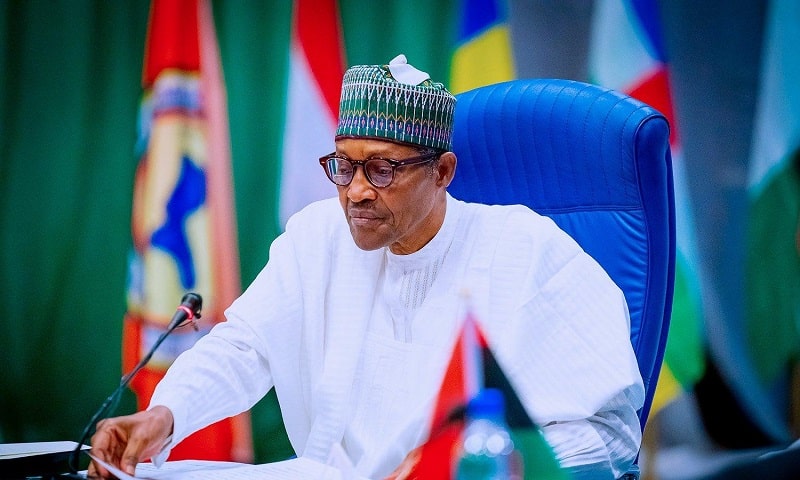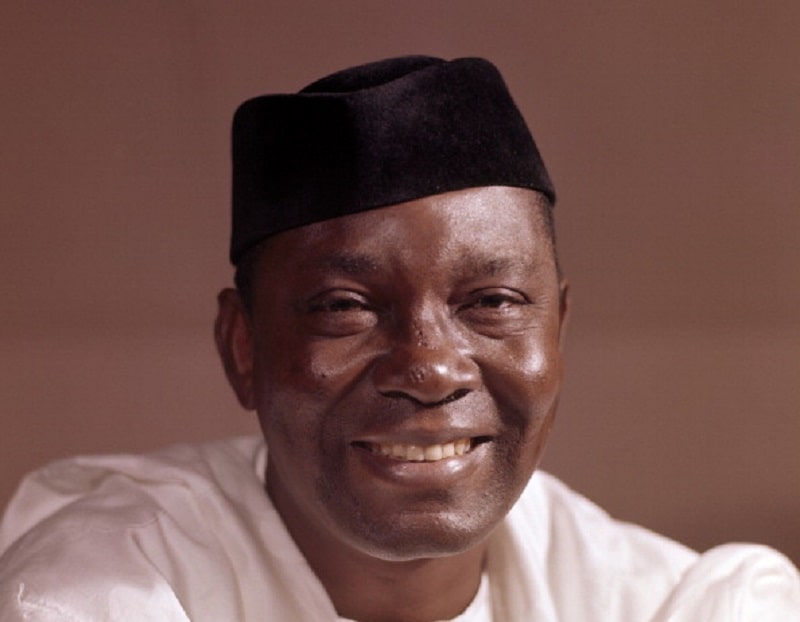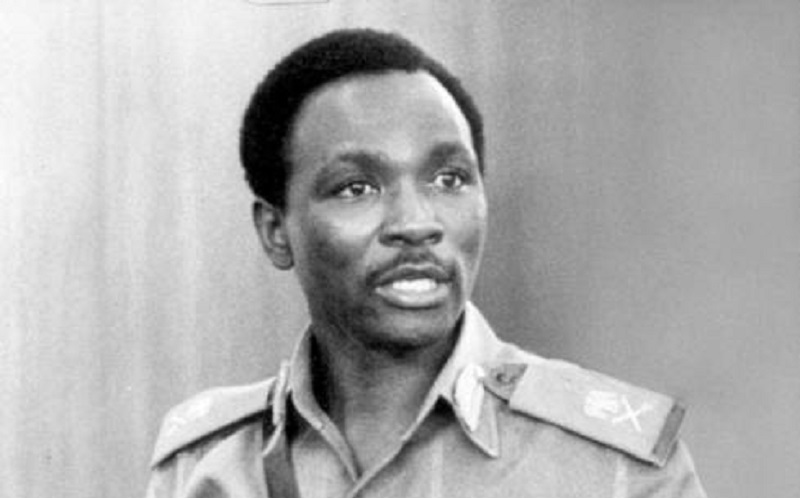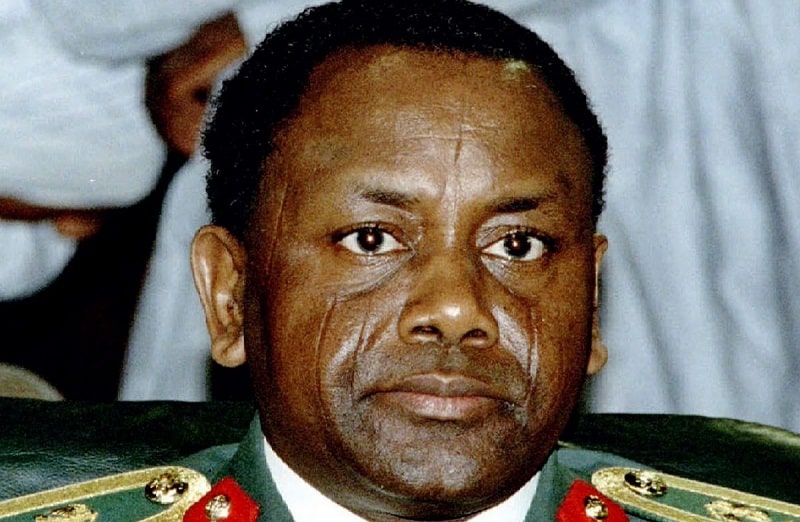Major General Johnson Aguiyi Ironsi (Former Head of State)
Major General Johnson Aguiyi Ironsi
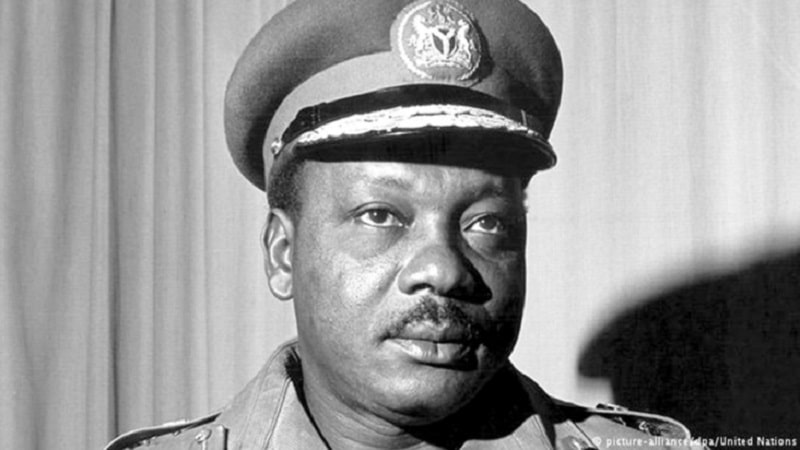
Major-General Johnson Aguiyi-Ironsi was a Nigerian military officer who served as the second Head of State of Nigeria from January to July 1966.
| List | President’s Information |
|---|---|
| Name | Johnson Aguiyi-Ironsi |
| Date of Birth | March 3, 1924 |
| Age | 42 years at the time of death |
| Died | July 29, 1966 (Assassinated) |
| Ancestral Home | Umuahia, Abia State, Nigeria |
| Native Language | Igbo |
| School Attended | Nigerian Military Training College |
| Career & Occupation | Military Officer |
| Military Rank | Major-General |
| Height | N/A |
| Known As | N/A |
| Citizenship | Nigerian |
| Residence | Lagos, Nigeria |
| Religion | Christianity |
| Wife’s Name | Victoria Aguiyi-Ironsi |
| Children’s Name | Nonye, Thomas, and others |
| Assumed Presidential Office | January 16, 1966 |
| Left Presidential Office | July 29, 1966 |
| Political Party | Non-partisan (Military Government) |
Johnson Aguiyi’s Early Life and Career
Aguiyi-Ironsi was born on March 3, 1924, in Umuahia, present-day Abia State, Nigeria. He joined the Nigerian Army in 1942 and rose through the ranks to become a Major-General in 1965.
Aguiyi-Ironsi served as the Commander of the Nigerian Army’s Second Brigade during the Nigerian Civil War and later as the Chief of Army Staff.
Rise to Power
He came to power in January 1966, following a military coup that overthrew the civilian government of Prime Minister Sir Abubakar Tafawa Balewa. The coup was led by a group of young military officers who were dissatisfied with the government’s handling of the country’s political and economic challenges.
As the most senior military officer at the time, Aguiyi-Ironsi was chosen to lead the new military government, which he called the Supreme Military Council. He suspended the constitution and dissolved the federal and regional governments, consolidating power in the hands of the military.
Challenges in Office
Many Nigerians, particularly those in the Northern and Western regions, viewed Aguiyi-Ironsi’s rise to power with suspicion and resentment, seeing him as a representative of the Eastern region, where he hailed from.
Aguiyi-Ironsi attempted to address these tensions by announcing a new military government that would be based on a “nationalist” and “non-regional” basis. However, his efforts were not successful, and the country continued to spiral into chaos.
Johnson Aguiyi’s Coup and Assassination
Aguiyi-Ironsi’s time in power (194 days in office) came to an abrupt end in July 1966 when he was overthrown in a counter-coup led by a group of Northern military officers. The coup was largely motivated by the growing sense of dissatisfaction and unrest in the Northern region, where many felt that the government had been dominated by the Eastern region for too long.
Aguiyi-Ironsi was arrested and later assassinated by Northern military officers, along with several other senior military and civilian officials from the Eastern region.
Johnson Aguiyi’s Legacy
Some see him as a brave military leader who attempted to bring stability to Nigeria during a time of great political and economic turmoil. Others view him as a divisive figure who contributed to the country’s deepening ethnic and regional tensions.
Despite these differing perspectives, there is little doubt that Aguiyi-Ironsi, his contribution to Nigeria political system can not be overlooked.
Additional Facts
- Ironsi received military training at Eaton Hall, the British Army’s officer cadet training school, and attended other military institutions in the United Kingdom.
- He served in the Nigerian Battalion of the Royal West African Frontier Force during World War II.
- After World War II, he continued his military career and rose through the ranks in the Nigerian Army.
- Ironsi served as the commander of the United Nations Operation in the Congo (ONUC) from 1960 to 1964.
- His regime issued the controversial Decree No. 34, which sought to abolish the federal structure in favor of a unitary system.
- Ironsi was married to Victoria Nwanyiocha Aguiyi-Ironsi, and they had eight children together.
- Before becoming Head of State, Ironsi was the first Nigerian military officer to command an entire brigade, reflecting his significant role in the Nigerian Army.
- Ironsi established the Nigerian Army Training and Doctrine Command (TRADOC) to enhance the training and operational capabilities of the Nigerian military.
Major General Johnson Aguiyi Ironsi FAQs
Related: General Yakubu Gowon (Former Head of State – (1966-1975)
